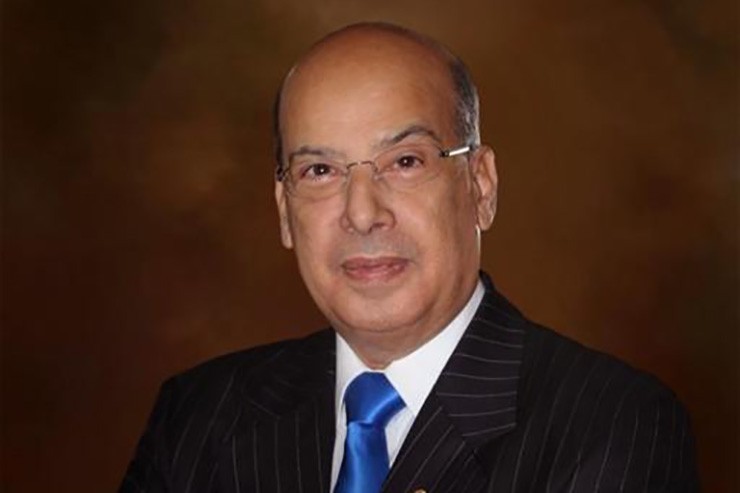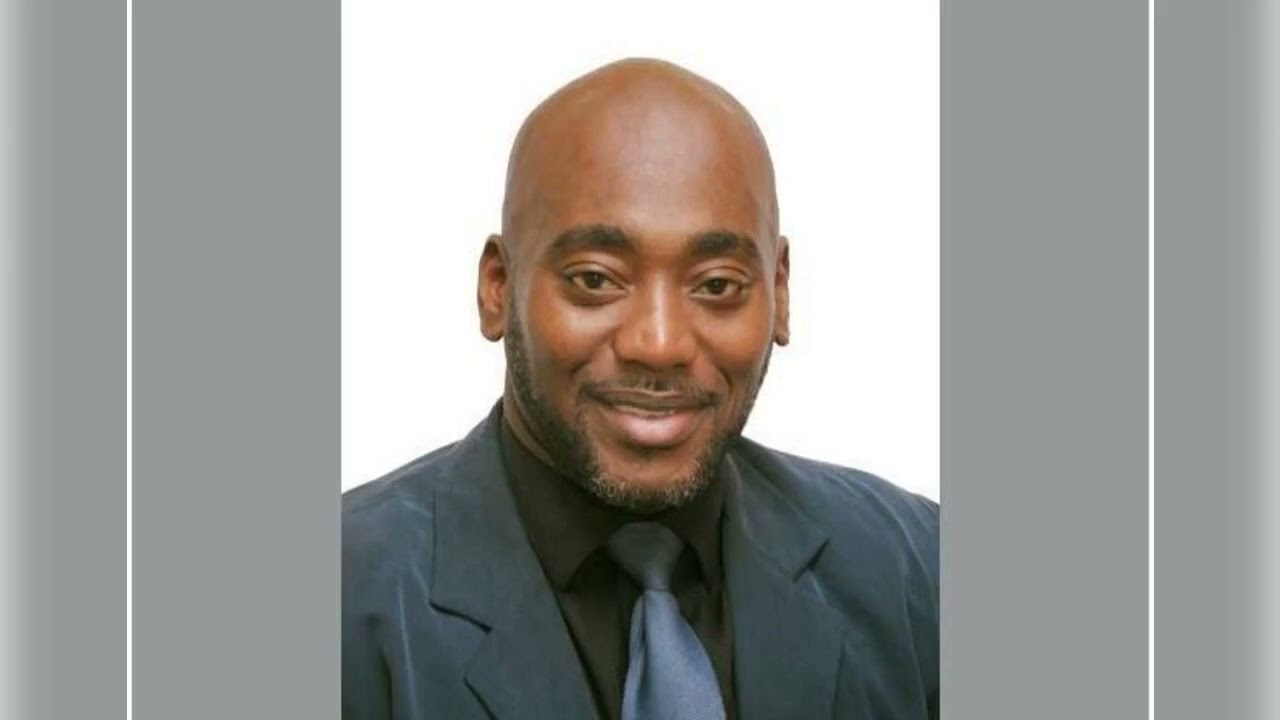By Sir Ronald Sanders
(The writer is Ambassador of Antigua and Barbuda to the United States and the Organisation of American States. He is also a Senior Fellow at the Institute of Commonwealth Studies at the University of London and at Massey College in the University of Toronto. The views expressed are entirely his own)
The law is the law and it is binding on all who dwell or visit within its jurisdiction. The law is particularly binding on those who make the law. As I observed in a previous commentary, “Law makers should not be law breakers”.
This issue is raised again in the context of persons who hold dual citizenships while seeking election – and, in some cases getting elected – to the legislative bodies of countries. Those who either seek or achieve such election violate the law of the land in countries of the Caribbean Community (CARICOM), particularly when they also hold Cabinet positions, formulating national policy.
This matter has arisen time and again in Caribbean countries; among them: Antigua and Barbuda, Belize, Dominica, Jamaica, St Kitts Nevis and St Vincent and the Grenadines and Trinidad and Tobago where dual nationals have sought election, or have been elected, to the legislature, leading to political storms that caused them either to resign from office or withdraw as candidates for election.
The reason for the disqualification of a dual national from eligibility to legislative bodies and Government cabinets is simple and straightforward. As University of the West Indies Law lecturer and columnist, Jefferson Cumberbatch, observed: it is “a secular version of the axiom that no man can serve two masters”.
To become a citizen of a country other than the one in which a person is born, allegiance must be sworn to that country. But, Caribbean constitutions forbid such double allegiance in the context of election to the House of Representatives. In almost uniform language, they state: “No person shall be qualified to be elected as a member of the House of Representatives who by virtue of his own act, under any acknowledgement of allegiance, obedience or adherence to a foreign Power or State”.
The words “who by virtue of his (also her) own act” are important. In two celebrated instances involving Prime Ministers, Lester Bird of Antigua and Barbuda and Edward Seaga of Jamaica, held the highest elective office in their countries even though they were born in the United States and were automatically citizens of that country. However, they were not denied election to their legislatures or to the Office of Prime Minister, because they did not choose by their own volition to be born in the U.S., thereby becoming U.S. citizens. To their credit, they both rescinded their U.S. citizenships anyway.
There is a third, less famous case of David Thompson of Barbados who was a member of parliament, opposition leader and, briefly before his untimely death, Prime Minister of Barbados. Thompson was born in the United Kingdom, again through no fault of his own. Therefore, in standing for election, he broke no law.
Retaining foreign citizenship, while serving as a lawmaker and government policy maker, poses further problems beyond the substantial issue of “to whom do you owe allegiance?”. These include: payment of taxes to the country of second citizenship on income earned world-wide, that is applicable by Canada and the U.S., and obligations to serve in the military or to be conscripted. These obligations open the holder of a parliamentary or Cabinet post to influences, maybe even coercion, that could be harmful to the best interests of the country in which he or she is serving.
There is the further issue of what has been called “the no escape clause”. A 2008 study by the Caribbean Policy Initiative put that argument as follows: “An individual who has pledged allegiance to a foreign power may offer less than full commitment to either country. The risk is that, at the margins, the individual in question might make trade-offs that an individual who holds only one citizenship – and thus has no “escape clause” – would not have the option of doing. In the event of a crisis, he or she might leave the country. In the case of a conflict between the two countries of which he or she is a citizen, his or her loyalty to the country in which he/she is a law or policy maker might be compromised”.
There was at least one law-maker in the Guyana National Assembly who was a dual citizen – the now notorious Charandass Persaud – whose vote led to the success of a no-confidence motion and the political crisis in which Guyana is presently placed. Mr. Persaud had an “escape clause”, namely his citizenship of Canada that he immediately exercised by returning there in residence.
Despite these cogent facts and the law itself, many dual nationals appear to remain in the Guyana parliament on all sides of the political divide. The law, therefore, takes second place to political expediency – at least, for now.
But, this relegation of the law will have to be corrected before the next general election which, after the current Court appeals are concluded, will have to be held. At that point, the list of names for submission as parliamentarians must be disinfected of all dual nationals. With the razor-thin majorities by which governments have been elected (and deposed) in recent times, it would take a successful challenge of only one dual-national to again topple a government and toss the country into constitutional and electoral confusion.
Throughout the Caribbean, those, who defend the instances of dual nationals knowingly seeking election despite the legal disqualification, argue that Caribbean countries are too small to disregard the talent and knowledge of their nationals who, for one reason or another, obtain a second citizenship.
In part, that argument has validity. Some of the Caribbean’s most experienced and informed nationals have gained their experience and knowledge abroad along with their second citizenship. However, they are not prohibited from returning to their native countries and contributing their acquired capabilities. The prohibition only applies to those who seek elected office with the responsibility to make national policy decisions. The latter, as has been pointed out earlier in this commentary, makes the official who bears allegiance to a second country, susceptible to influences that could be inimical to the interests of the nation he or she is elected to serve.
Dual nationals, who still hold parliamentary seats and government Cabinet posts, do neither their party nor their country any good by retaining their second citizenships and sworn allegiance to the countries concerned. The same applies to dual nationals who might seek elected office in the future.
If these persons wish to hold elected office, they should rescind their citizenships of other countries and serve the necessary period of residence. There is no better demonstration of loyalty, fidelity and commitment to a nation than to shed allegiance to any other.




















One response to “Elected officials should not be dual nationals”
I completely disagree with this article by Ambassador Sir Ronald Sanders. His reasons for supporting this dated law are not based on any research, facts, data or even interviews…. just his hunch. His two “pillar” statements are proceeded by the word, MIGHT.
How or where on Earth can a law stand on the word, MIGHT, which means the same as MAYBE? The World does not work that way. Sanders wrote that if given a choice, the man with dual citizenship MIGHT be loyal to the second country. This is absolute nonesense. Unlike Sanders, l have spoken to scores of Antiguans who, for educational, health and job benefits, have become US citizens. None…not even one… said that they would ever choose America over Antigua, the land of their birth, family, upbringing, culture and DNA.
I am quite disappointed that a man in Sanders position could hold such views based on his feelings and not facts or anything more tangible.
I am one who, in the interest of Antigua, will like to see that useless law rescinded.